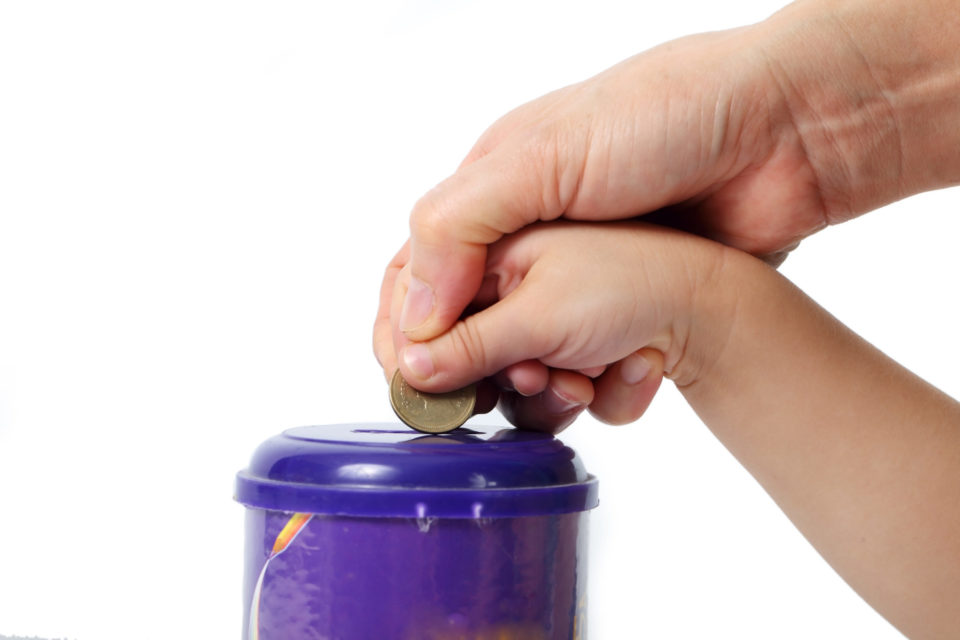Money School for Kids This Summer

School’s Out But Life Lessons Are In!
Use the holidays to help kids learn the value of money and encourage good habits. Today we are going to offer you a few handy tips on how to encourage your children to be mindful of their spending habits. Once they reach seven, your child will already know how they view and perceive money, The Money Advice Service has found. It’s important that you start teaching kids about money and what it means early. This can be a daunting prospect especially when children are at a young age where everything they have received has bought or given to them. Hopefully, this post will give you some handy tips on how to help and educate your children as they learn the real world effects of saving and spending money.
For Under 11s…

Help them budget
Explain how much a toy (they want) costs and what they need to save and buy it. ‘If they want to borrow money, then treat it like a loan and agree how they’ll pay it back – perhaps through a pocket money deduction.
Involve them in shopping
Ask them to write the shopping list and allow them to handle the cash and pay for purchases.
Let them Earn
Get them to help with chores in exchange for cash. They’ll save for that treat quicker
Open a savings account
From age seven, kids can manage a savings account and earn interest. ‘Match their regular savings as an incentive and encourage them to pay in birthday and Christmas cash. Then, if the account offers online access, log in so they can see their savings grow’
For 11+

Pay a Monthly Allowance
This will help your child learn about budgeting. Try not to bail them out if they blow it all at once, as they will learn from this experience while the stakes are still low. Tell them about a time when you made a mistake – such as receiving a parking ticket or missing a bill. Talk them through it and discuss solutions together. Children can worry about money, so pick a small mistake.
Open a Bank Account
It’s a great way to get children familiar with banking. From the age of 11, many accounts offer debit cards, and a banking app so they can see a balance instantly. Plus, children’s account do not offer overdrafts, so kids can’t borrow.
Discuss Money Goals
Talk about the benefits of saving early. Explain how you saved for a big purchase, such as a car.
All these small tips are designed to help your child navigate the real world from a young age. The real world can be daunting, so teaching children early about the impacts of overspending and buying unnecessarily is an important life lesson to teach early.
3 apps to help them learn
- Pigby’s Fair – (free on Android and Apple) is a fun app designed by Wallace & Gromit makers Aardman for Natwest and Royal Bank of Scotland. The game has been designed to help six to eight-year-olds understand managing finances by letting them run a virtual stall at a village fair.
- GoHenry (gohenry.co.uk) – encourages cash confidence to six – 18-year-olds. GoHenry recommends a pocket money amount based on the national average and the cash is credited to an account every Saturday. Kids can then spend the money via a pre-paid debit with parental controls. Sign up for a free one-month trial, then it’s £2.99 per month
- Rooter Money – a pocket money tracker (free to download, but with in-app purchases), is a great app that allows you to manage your child’s pocket money, set allowances and add more when they complete a household chore.
“It’s great to see that so many parents still encourage their kids to save, and are using pocket money as a means of helping them learn to manage their finances early on. With so much new technology at people’s fingertips, it makes it easier than ever for parents to pay their kids’ pocket money and educate them about the real world consequences of spending money.”
Giles Martin, head of savings at Halifax





